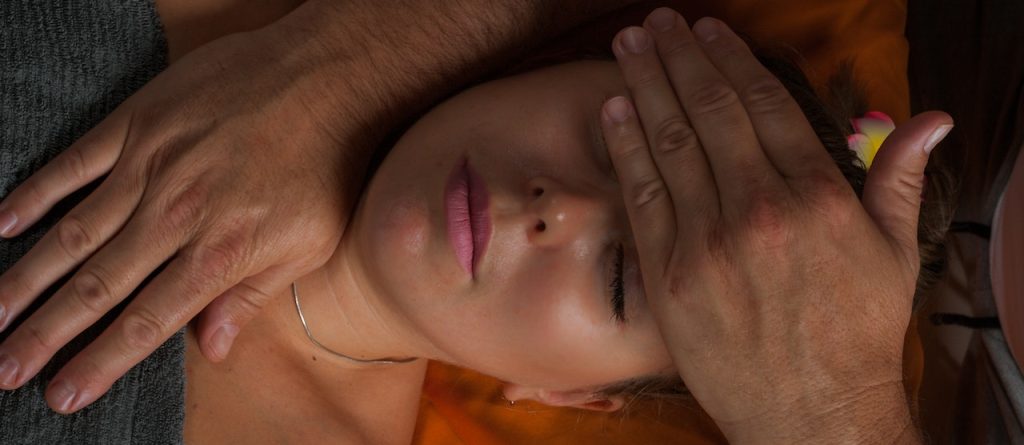Reiki Healing for People going through Disability

Reiki healing can be a beneficial complementary therapy for disabled people. Reiki is a form of energy healing that involves the use of the practitioner’s hands to channel universal life energy into the client’s body to promote healing, relaxation, and well-being.
For disabled people, Reiki can help to alleviate physical pain and discomfort, reduce stress and anxiety, improve sleep quality, and promote emotional healing. Reiki can also be used to support the immune system and aid in the healing of injuries or illnesses.
When working with disabled clients, it’s important for Reiki practitioners to be mindful of any physical limitations or sensory issues the client may have. The practitioner can modify the treatment as needed to accommodate the client’s needs, such as working with the client in a seated or reclined position if they are unable to lie down.
Reiki can also be performed remotely, making it a great option for disabled individuals who may not be able to attend in-person sessions. Remote sessions can be just as effective as in-person sessions and may be more convenient for the client.
In its essence, Reiki healing can be a gentle and effective way for disabled individuals to promote physical and emotional well-being, reduce stress and pain, and support their overall health and healing.


